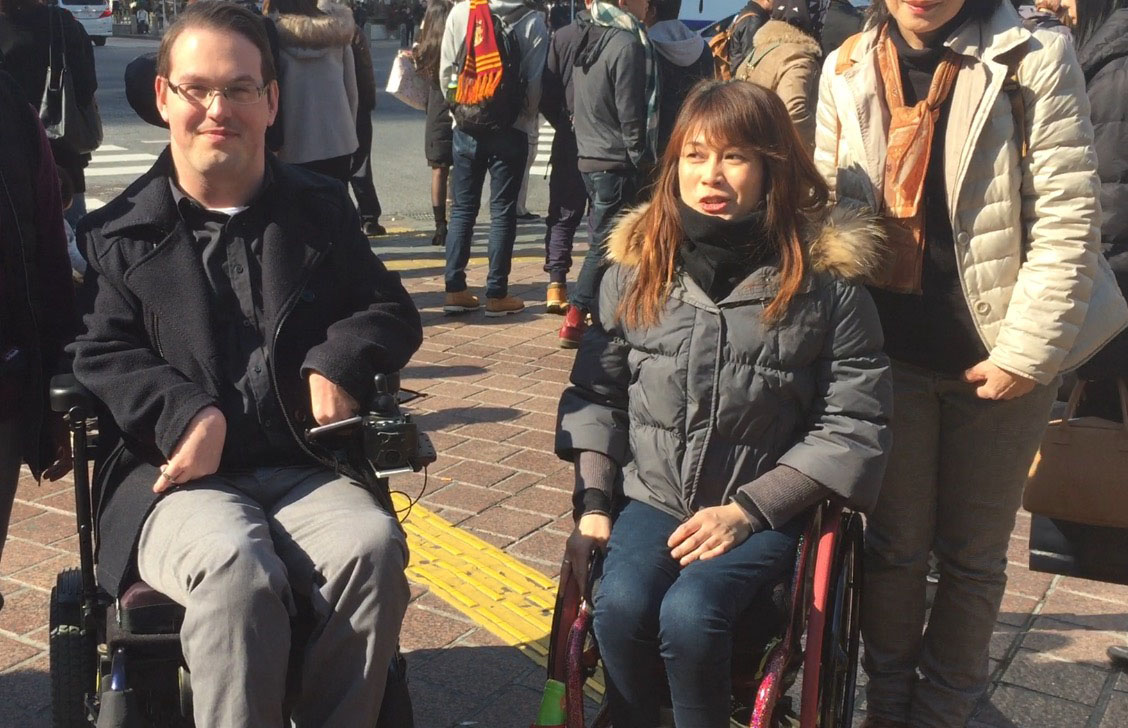If you are in Japan for an extended period of time and have even a passing interest in disability issues, there is one phrase you are likely to hear often. That phrase is "barrier-free."
The buzzword is key to how Japan is trying to sell itself as being "pro-disability." Railway stations like to point out that they are barrier-free, meaning that they are accessible to people with disabilities, and NHK's education channel produces a show called "NHK Baribara" (short for "barrier-free variety") about the lives of people with disabilities across the archipelago.
The poet Robert Frost once wrote that "Good fences make good neighbors." Frost was issuing a warning; he was trying to suggest that barriers are a bad idea. I really want to just embrace Frost's good intentions, his desire to break down barriers, but certain experiences as a person with a disability prompt me to ask the question: Are barriers always a bad idea?


















With your current subscription plan you can comment on stories. However, before writing your first comment, please create a display name in the Profile section of your subscriber account page.